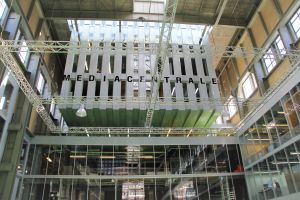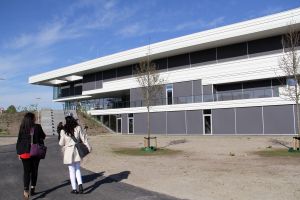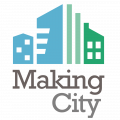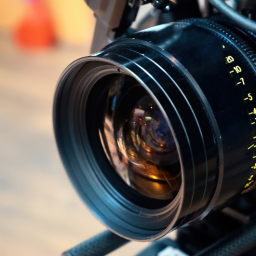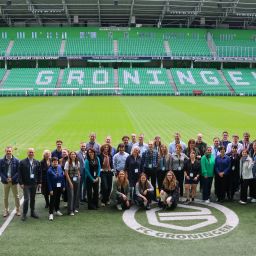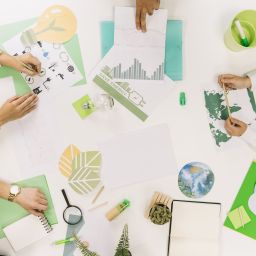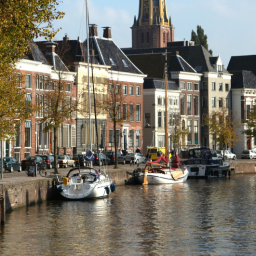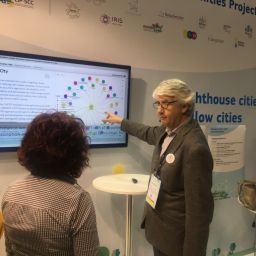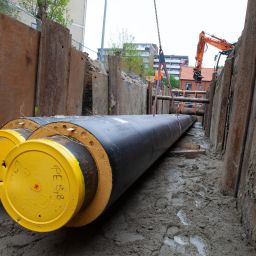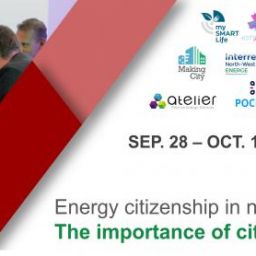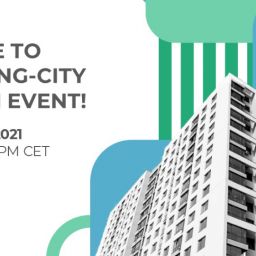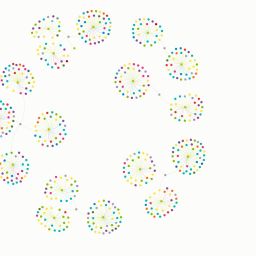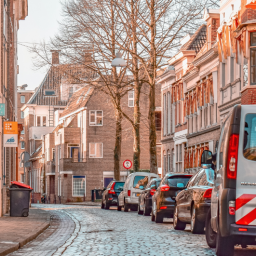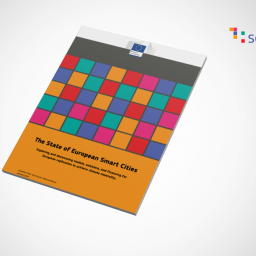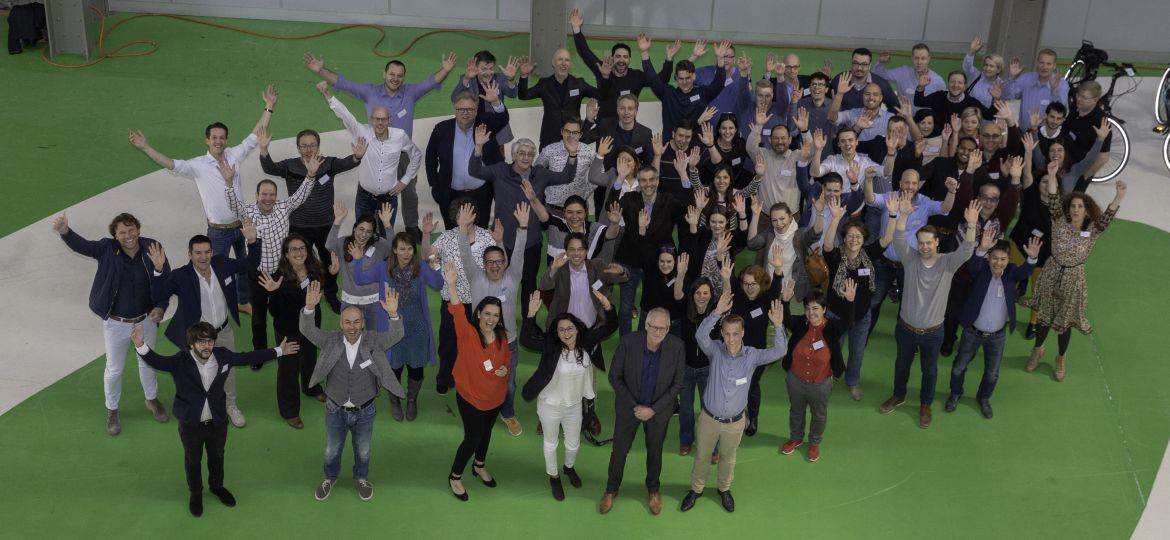
The second MAKING-CITY project meeting took place in Groningen (Netherlands) from 15-16 May.
After 6 months, it was a good opportunity for partners to meet and share the first results of the research activities carried out to address and demonstrate the urban energy system transformation towards smart and low-carbon cities, following the Positive Energy District (PED) concept. They also participated in a series of workshops and visited the two PED neighbourhoods selected in Groningen to implement the PED approach developed in MAKING-CITY.
A SPECIAL GUEST
Philip Broeksma, the Deputy Mayor of the City of Groningen, opened this second project meeting by highlighting the “future employment in the region” that MAKING-CITY and the PED concept will create.
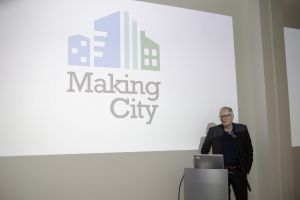
fostering collaboration
After a short presentation of the PED installations in the two “Lighthouse cities” of Oulu (Finland) and Groningen (Netherlands), the MAKING-CITY partners partipated in a first workshop moderated by Beril Alpagut (Demir Enerji). The main objective was to establish a series of guidelines and solutions to replicate the PED concept in the 6 “Follower cities” involved in MAKING-CITY: León (Spain), Bassano del Grappa (Italy), Kadiköy (Turkey), Lublin (Poland), Poprad (Slovakia), and Vidin (Bulgaria). For instance, partners discussed about the type of ressources available in their own city, what are the city’s needs, what are the barriers to implement the PED solutions…
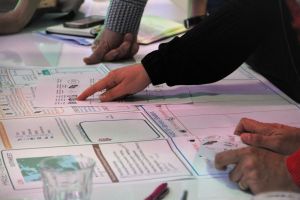
During a second workshop (led by Cap Digital and VTT), the MAKING-CITY partners started thinking about the different city level indicators that will be used further in the project. Later in a “Business model workshop” conducted by Sophie Dourlens-Quaranta (R2M), they tackled a possible approach to analyse the PED ecosystem and the value proposition design for the actions to be implemented in the two “Lighthouse cities”: Oulu and Groningen.
Tineke van der Schoor (Hanza University of Applied Sciences) was in charge of an “Exchange research workshop” to share plans, develop joint ideas and facilitate cooperation between the MAKING-CITY partners. In parallel, Frank Pierie (Hanza University of Applied Sciences) moderated a “we-energy-game workshop” with the aim to develop tools and methods to help actors in the energy transition field raise awareness of citizens and showing the complexity of the energy transition. During this workshop, partners played different roles and had to make some decisions on several parameters (people, planet, profit, balance, law, production…).
A PED TOUR in groningen
With its bikes everywhere and its canals, Groningen is a pretty city having a strong family likeness with Amsterdam. Away from the traditional tourist paths, the MAKING-CITY partners had the chance to visit Groningen South and Groningen North, the two PED areas involved in the project.
Closed to the Groningen University campus, Groningen North is mainly a residential neighbourhood. Partners observed pipelines installations connected to the geothermal district heating system and a student building retrofitted to maximise the infrastructure performance.
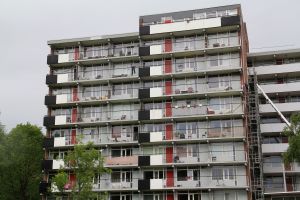
In Groningen South, the MAKING-CITY partners visited the Mediacentrale building which is an old coal gasification plant renovated according to the PED approach with a geothermal heatpump among others. They also entered into a new sports complex designed and built to be a smart and energy positive installation: wind, rain and sun detection systems, room controllers, thermal solar panels… In addition, they accessed the installations of the district heat grid system (managed by Warmtestad) and biked until the Woldjerspoor solarpark. With its 43,000 solar panels, the solar plant provides 11,4 MW of power to 3,500 houses. It is also the largest solar power station on a former waste disposal site in the Netherlands.
